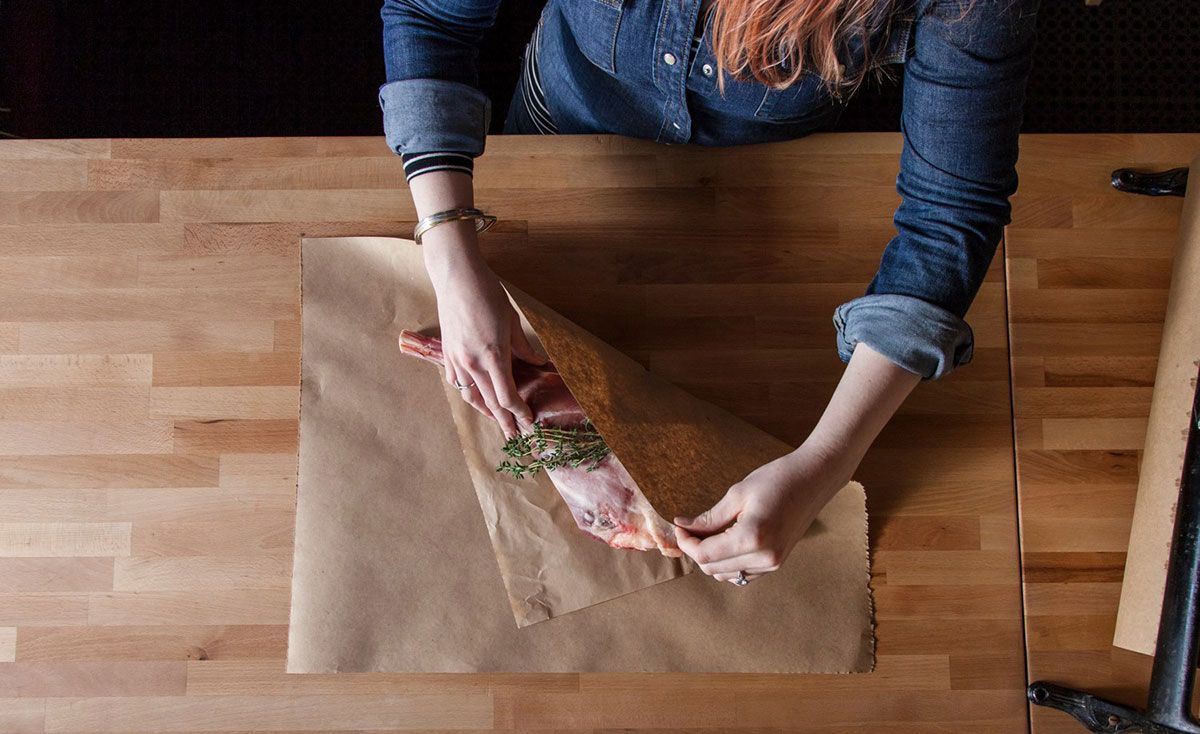Western Daughters Butcher Shoppe
Quality meats, prepared foods & groceries from local, ethical sources
Quality meats, prepared foods & groceries from local, ethical sources


























3326 Tejon St, Denver, CO 80211 Get directions
$$$

"Butcher shop offering custom cuts of pasture-raised and grass-fed meats from within 150 miles of Denver. Items include Grass-Fed Beef & Seasonal Lamb and Game Meats, Pasture-Raised Chicken & Pork, Custom Whole Animal Cuts, House-Made Deli Meats, Sausages, Rendered Fats, Bone Broths, Sides, and Artisanal Goods." - Novel

"Western Daughters Butcher Shoppe, Highlands. Butcher shop offering custom cuts of pasture-raised and grass-fed meats from within 150 miles of Denver. Items include Grass-Fed Beef & Seasonal Lamb and Game Meats, Pasture-Raised Chicken & Pork, Custom Whole Animal Cuts, House-Made Deli Meats, Sausages, Rendered Fats, Bone Broths, Sides, and Artisanal Goods."


"A Denver-based butcher focused on grass-fed and regenerative farm practices that has seen a sustained uptick in sales during the crisis; owners view the current demand as a potentially sustainable volume that could support their farmers and keep their business viable long term." - Caleb Pershan

"Owned and operated by Kate Kavanaugh (EYG ’18) and Josh Curtiss in Denver, this butcher focuses on locally raised, humanely handled animals—paying attention to what the animals eat, using antibiotic- and hormone-free rearing, and practicing whole-animal butchery. The owners advocate eating less meat but of much higher quality, balancing small portions with maximum satisfaction; Sundays are especially busy during football season. Kavanaugh extends that ethos to home cooking and game-day hosting, recommending a beef carpaccio roll-up made from an inexpensive top round pounded almost paper-thin and cut into finger-food portions. She suggests creative fillings and a simple aioli (mayo mixed with lemon juice, paprika, cayenne, red chili flakes, olive oil, grated lemon zest, salt and pepper), plus additions like smoked gouda and accompaniments such as capers or cornichons; a 12-inch pounded round will feed about four to six people." - Dana Hatic

"When teaching, the butcher/CEO prefers oil stones because they use oil instead of water and are coarser and more forgiving, allowing learners to get an edge with fewer passes; oil stones are also sturdier and less prone to wearing down or breaking than water stones. She suggests watching a video on “quarter technique” to learn the proper blade angle." - Katie Abbondanza